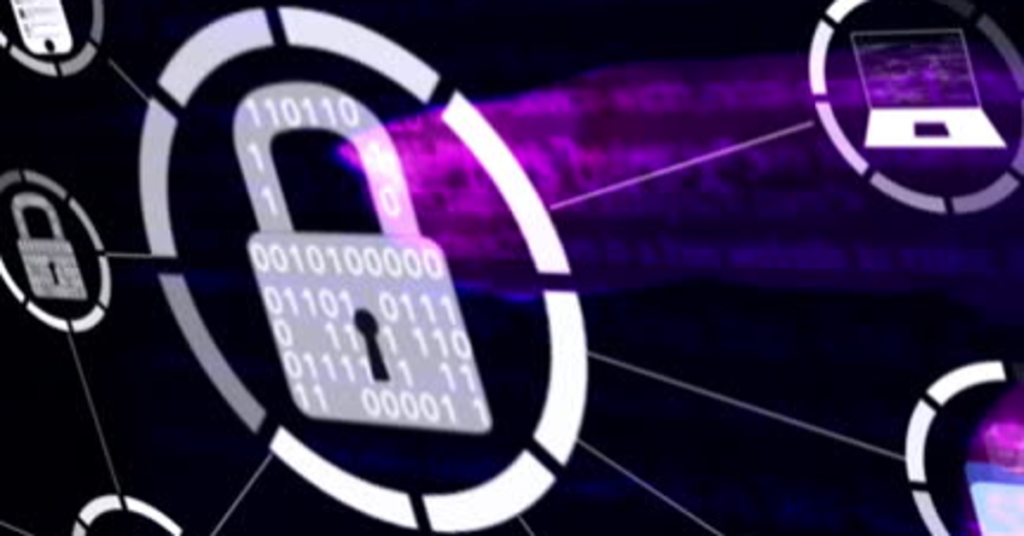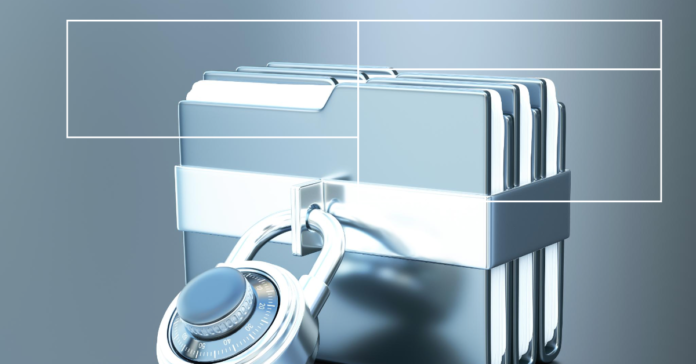Cybersecurity is an important area that includes a lot of different things, all designed to keep our digital stuff safe. It’s like a force field around our networks, gadgets, software programs – anything with data on it – that stops them from being hurt or touched by people who shouldn’t be able to get at them. In the world today, everything is linked together; our names and where we live are part of this internet, too, now! With machines connected like this, even whole societies can depend on these things working right; so if somebody doesn’t look after them properly, then not only could they break, but there mightn’t be any other way for us all to carry on living.
A Bulwark Against Digital Threats
Cybersecurity aims primarily to protect sensitive information from cyberattacks, which are becoming more frequent and aggressive. Attackers aim to exploit system flaws to obtain, alter, or disable data. These attacks, often taking the form of ransomware, can paralyze systems until payment is received or disrupt normal business operations, causing unrest and financial loss. Cyber threats offer no respite, ranging from sophisticated computer viruses to social engineering techniques designed to deceive users into revealing confidential information. The shocking realization of numerous breaches affecting millions of records worldwide, impacting both individuals and institutions, has forced us to prioritize security measures in recent years.
Building a Multilayered Defense
To have the best possible chances of staying safe from online attacks, a single system isn’t enough. It would help if you had a multilayered defense strategy like an old castle that had many layers of protection. Therefore, it is important to protect all devices, including computers, networks, and applications. For example, strong firewalls can be compared to guards that stand at the gate and decide who gets in. Good anti-malware software will find and destroy bad programs before they can do any harm; anti-spyware does pretty much the same thing, but it focuses more on stopping spyware, which tries to watch or record your activities without permission. Moreover, anti-spam filters out misleading messages while anti-phishing blocks attempts to trick people into revealing personal information.
In addition to software and technology, a complete cybersecurity strategy should also include hardware contracts that ensure quick resolution of any failures and plans to ensure the availability of key personnel during system outages.
Governance, Risk Management, and the Human Factor
Every business should create strong cybersecurity governance and risk management programs to increase their defense mechanisms. These particular programs should be designed based on how big the company is or what its requirements are. These measures act as proactive defences by carrying out regular risk assessments which help to expose any weaknesses present. Additionally, organizations may consider coming up with comprehensive security policies together with procedures that promote awareness about safety among individuals or employees.
Although technology is required to secure the system; however, more is needed as the human factor is also essential in this case. Workers need to be aware of what data protection involves and how they can play their part in ensuring that there is data security within their areas of work. This can be achieved through teaching employees different password techniques and telling them not to trust email attachments unquestioningly, among others. Organizations need to make sure that they instill this knowledge among their employees so that they will be able to protect themselves against any cyber threats coming their way.
Adapting to a Dynamic Threat Landscape

The world of technology keeps changing rapidly, and cyber threats are on the rise daily. Therefore, cybersecurity cannot be treated as a stagnant field. It needs constant attention, flexibility and always keeping ahead of new risks. With more and more Internet of Things (IoT) devices being invented and advanced Artificial Intelligence technologies coming up, there is a need for innovative approaches towards solving these challenges as well as being proactive in ensuring cyber safety.
Safeguarding Businesses in a Digital Age
When it comes to establishments, security from electronic attacks is not just a choice but a necessity. It serves as a guard for the most important entities that they have. A well-thought-out online protection policy might save them from financial loss resulting from leakage of information, prevent tainting their name, and also see to it that they follow every regulation there is or can be in the future. This, in turn, keeps the business running by avoiding such risks as may disrupt its operations, thus maintaining good rapport with investors who aid in propelling its growth as well as partners crucial for overall success.
A Career in Cybersecurity: Answering the Call
The need for capable cybersecurity professionals is always increasing. This has created a great number of job openings in the field. Security Analysts meticulously monitor systems for suspicious activities, Security Engineers devise and implement solutions for security problems, and Chief Information Security Officers (CISOs) oversee the entire organization’s cyber strategy – the opportunities in this field are endless. One interesting thing about the current lack of low/mid-level positions is that people can start their careers easily without much experience but still have a high impact on society while earning a good income, too.
Navigating the Labyrinth of Compliance and Regulations
In the current digital environment, organizations are under strict regulation. They must observe and ensure adherence to laws safeguarding individual privacy. With numerous laws designed to protect data privacy, companies may struggle to understand their obligations. Institutions such as The National Institute of Standards and Technology (NIST) give organizations an outline they should follow. However, the shift towards working from home due to the COVID-19 pandemic has brought out how important cyber security is. This is because it has exposed many vulnerabilities, thus emphasizing the need for systems that can adapt easily as new threats emerge.
Cybersecurity and Data Protection: Two Sides of the Same Coin
Cybersecurity and data protection have to work together. They both serve to safeguard valuable information assets. The IT security team must closely collaborate with the data protection officer (s) at each stage of the data lifecycle. For instance, in a bid to enhance cyber security within its territories, Europe has come up with NIS 2 while also proposing high levels of cyber security standards across all member states thus demonstrating international commitment towards stronger digital defense systems establishment worldwide.
Best Practices: Empowering Individuals and Organizations
Even though it may feel like a lot to take on, there are some easy things you can do right now to make sure no one gets into your infrastructure. Using strong, unique passwords and updating your software so it’s always got the latest features is a good place to start. It’s also a good idea to turn on multi-factor authentication (MFA) wherever you can. The more you know about what kind of stuff is out there, the more easily you’ll be able to avoid it. By simple, I mean things like phishing emails or messages that look like they’re from a bank but are actually from someone trying to steal your money. CISA offers resources for everyone— from mom-and-pop stores all the way up to multinational corporations— who wants help managing their cyber risk; besides, it’s not hard: just give us a call!
Conclusion
Security is a lot more than aspects that are just purely technical; but forms the very foundation of our contemporary world, which is all interconnected. This ever-changing field demands diverse tactics, combining technology and procedures while relying on human vigilance to combat dynamic cyber threats. By realizing why this matter is significant, assuming the right methods, and staying alert, everyone can help ensure that there will be safety for us in the digital world ahead.


